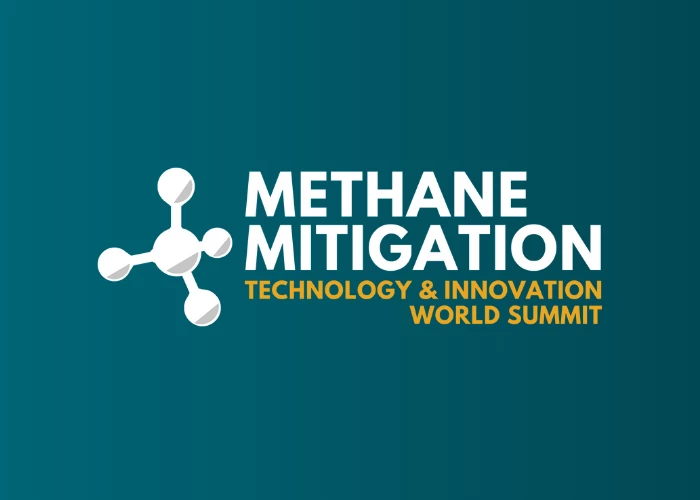Knowledge Management: Buzzwords Wrapped In A Cliché?
Add bookmark
I recently asked a friend what he thought was meant by "knowledge management". The reply I got was: "Sounds like a fancy title for something a bit less fancy. Like when customer services became client liaison".
Unfortunately, to the cynical 21st century ear, knowledge management does sound like the product of a marriage twixt boss-speak and buzzword, which hardly gives it the credence that it merits in the contemporary business sphere.
Given the worldwide scope of the oil and gas sector, the volume and complexity of the data coming out of it, and its exposure to what could potentially be the most crippling skills shortage in global industry, knowledge management could not be more crucial. But what exactly does it mean?
Knowledge /n./ from Middle English cnawlece
In a nutshell - that nut obviously having fallen from the Tree of Knowledge - knowledge is information or data put into context, which effectively counts as an individual company's entire portfolio of operational know-how and intellectual capital.
Management /n./ from Italian maneggiare "to handle"
In this case we can simply go with the Oxford English Dictionary's definition of: "the process of dealing with or controlling things or people". In a commercial context, the "things" in question will be the business-critical processes, tools, software and hardware that facilitate smooth operational running.
So with a definition ascribed to the phrase, why is knowledge management so vital for oil and gas?
Continuity of Knowledge and Corporate Amnesia
No, not the title of the latest Bond film and a the follow up to Wall Street 2, but a situation that would be equally nightmarish to those in both the intelligence or stock-broking fraternities.
Mergers and acquisitions, third-party outsourcing and employee turnover are all potential enemies of knowledge retention in an ageing industry. Those in the oil and gas domain will be very well acquainted with the fact that by 2015, half of the world's oil and gas engineers will be past retirement age.
With this in mind, companies across the board have worked with their HR infrastructure to institutionalise mechanisms to prevent this "loss of corporate memory" with the establishment of "communities of practice", periodic project and wrap-up reviews, and capturing leading executives' insights for posterity in audio or video form for training academies and "centres of excellence".
The rolling out of a "knowledge-sharing culture" in one's business also has the effect of minimising the downtime between the arising of a problem and its eventual solution. In a business situation, that is synonymous with saving money.
Perhaps one of the best and most persuasive reflections of knowledge management in action is the $2 billion saving made by Chevron from 1992 to 1999.
Instating a knowledge management framework in the company managed to cut operating costs from $9.4 billion to $7.4 billion in seven years. That equates to a staggering $286 million saving per annum, which would also make knowledge management the most monetarily beneficial buzzwords in history.
[eventpdf]












